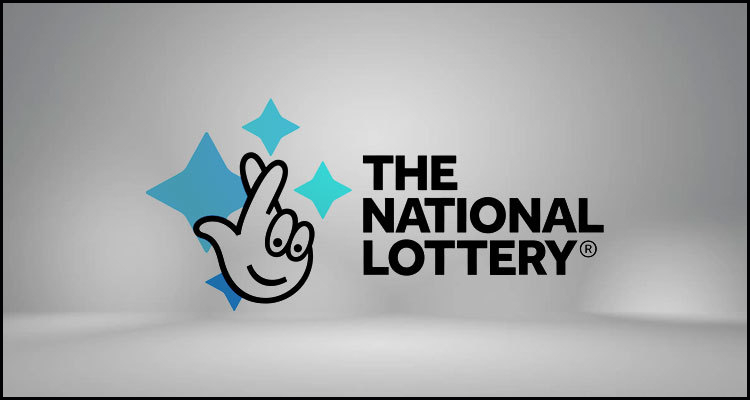In the United Kingdom and the Gambling Commission has announced a second delay in its year-long campaign to select who is to be granted the next ten-year license to run the country’s National Lottery.
The regulator used an official press release to declare that this latest postponement is to see an additional four weeks added to the ‘phase two application stage’ of the process to October 15 followed by a further six-week pause for ‘evaluation’. The watchdog went on to pronounce that it now hopes to have named the winning candidate by February of next year although any such deadline is ‘indicative’ and may be changed as a result of the international and domestic impacts of the ongoing coronavirus pandemic.
Inaugural interruption:
The Gambling Commission kicked off its drive to select the next operator of the world’s fifth largest lottery in August of last year and had initially been planning to reveal the ultimate winner by the end of this month. However, it was soon forced to extend its initial submission deadline to September 17 after numerous candidates asked for more time due to the complexity of the license.
Crowded contest:
Run by Watford-headquartered Camelot Group ever since its launch in 1994, the National Lottery has so far raised over £41 billion ($54.8 billion) for in excess of 560,000 good causes. Competition for the right to run the lucrative state-franchised lottery until February of 2034 has been fierce with the current operator said to be jockeying for position amongst a growing group of rivals that now embrace British telecommunications giant BT Group, European lottery giant Sazka Group and Indian gaming pioneer Sugal and Damani Enterprises Limited.
Read a statement from the Gambling Commission…
“These changes will provide opportunity for applicants to further refine their proposals and for the Gambling Commission to evaluate. To facilitate these changes and ensure a smooth transition, we will extend the third National Lottery licence by six months with the fourth National Lottery licence beginning from February of 2024.”
Responsible remit:
The Gambling Commission also asserted that its job is ‘to run the best competition’ possible in order to select a future responsible operator for the National Lottery that will produce ‘the best outcome for players and good causes.’ The organization finished by proclaiming that it has been ‘encouraged by the number of applications received’ and now hopes to pick a candidate through a ‘robust process’ that will be able to ‘build on the National Lottery’s legacy and find new opportunities for a sustainable and successful future.’



